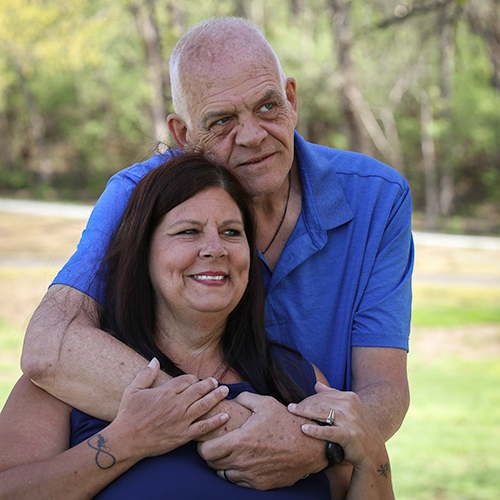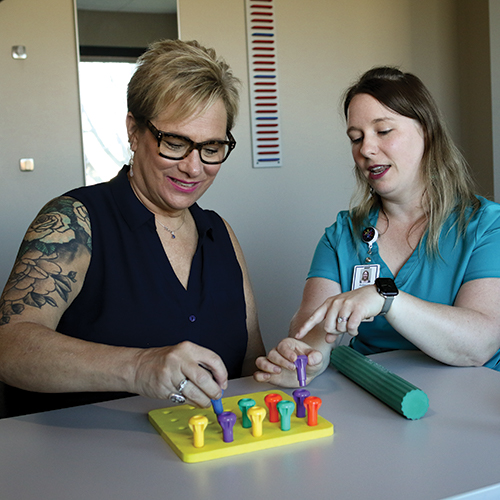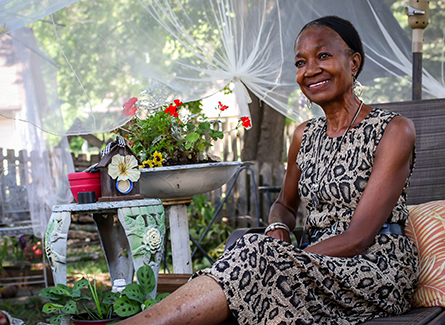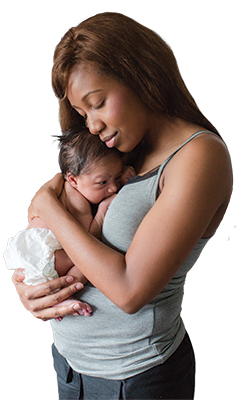 While expectant mothers often anticipate a new baby with nesting and organizing, they should also prepare for the postpartum period. It begins once a woman gives birth and lasts six to eight weeks. A new mom will spend a lot of time caring for her baby, but it’s important she takes care of herself, too. Each postpartum period is unique, but expectant mothers can plan for emotional changes, healing from delivery and navigating baby feedings.
While expectant mothers often anticipate a new baby with nesting and organizing, they should also prepare for the postpartum period. It begins once a woman gives birth and lasts six to eight weeks. A new mom will spend a lot of time caring for her baby, but it’s important she takes care of herself, too. Each postpartum period is unique, but expectant mothers can plan for emotional changes, healing from delivery and navigating baby feedings.
Key in on Emotional Changes
Club W Director Jackie Werner, MD, noted about 80% of new mothers experience postpartum blues, which lasts two weeks after delivery; 20% develop postpartum anxiety (PPA) and 15% combat postpartum depression (PPD). Women with a history of depression or anxiety are more likely to develop postpartum mood disorders like PPA and PPD. These can show up anytime — from immediately after delivery to one year out from delivery.
“New mothers need to be proactive about their postpartum mental health to promptly receive support,” said Dr. Werner, Meritas Health Pavilion for Women OB-GYN.
Obstetricians, like Dr. Werner, can help expectant mothers create a plan to reduce their risk of postpartum mood disorders. This plan can include managing medications, counseling referrals and forming a support system.
Heal From Delivery
Health Expert
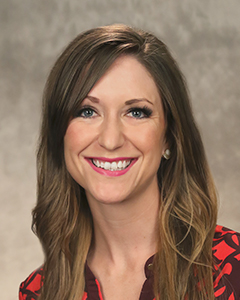
Jackie Werner, MD
Read more about Dr. Werner's approach to women's health.
Recovery can be different between each mode of infant delivery. For Dr. Werner, establishing a pain control plan in the hospital makes recovery easier for both cesarean section and vaginal deliveries.
“We use various treatment methods for recovering mothers, which can include a combination of medications, physical therapy and support devices,” Dr. Werner said.
Navigate Infant Feeding
Breastfeeding and formula feeding can be difficult and stressful. Both require a lot of preparation, support and supplies. Each baby is different, and what works for one may not work for the next. “Moms should be flexible, give themselves grace and set boundaries for what is acceptable for them and their family units,” said Dr. Werner adding that NKCH offers a breastfeeding support group.
Postpartum care isn’t an exact science. It’s normal to have questions leading up to delivery and the postpartum period. New mothers should work with their healthcare providers to decide what’s best for them. North Kansas City Hospital and MH offer many prenatal and postpartum services and resources.
Related Articles

March 9, 2020
3 Sneaky IBS Triggers
For people with irritable bowel syndrome, spring may spark a flare-up in symptoms

June 5, 2024
5 Consejos Sobre Nutricion para un Estilo de Vida Mas Saludable
Una alimentación saludable y una nutrición adecuada desempeñan un parte importante a la hora de mantener una buena salud. Aquí le mostramos cómo mejorar sus hábitos nutricionales.

May 31, 2024
5 Nutrition Tips for a Healthier Lifestyle
Healthy eating and proper nutrition play a big part in maintaining good health. Here's how to improve your nutrition habits.
